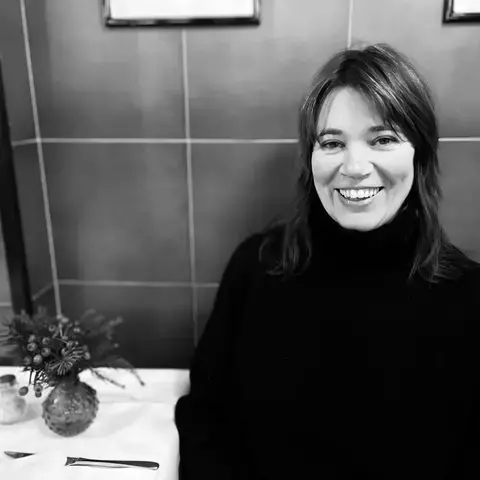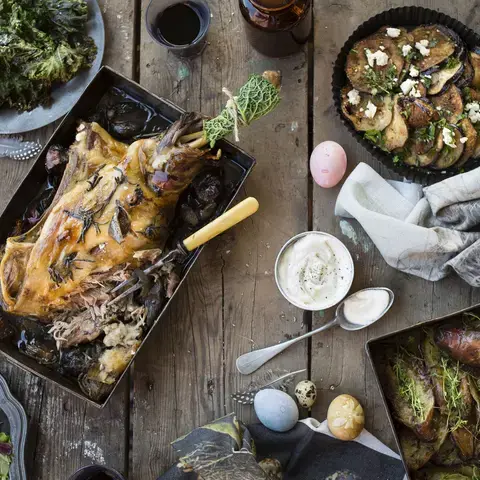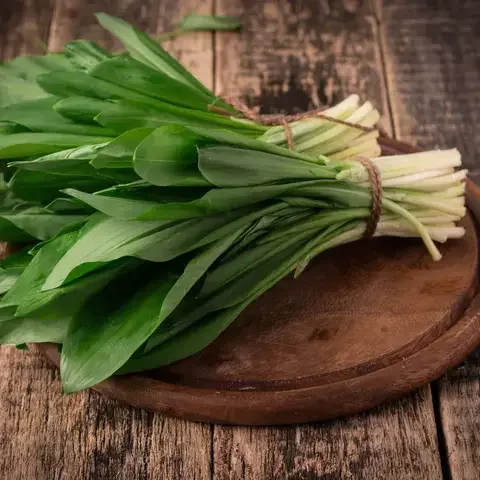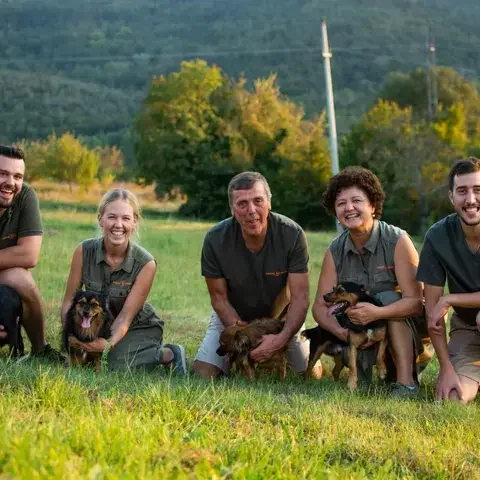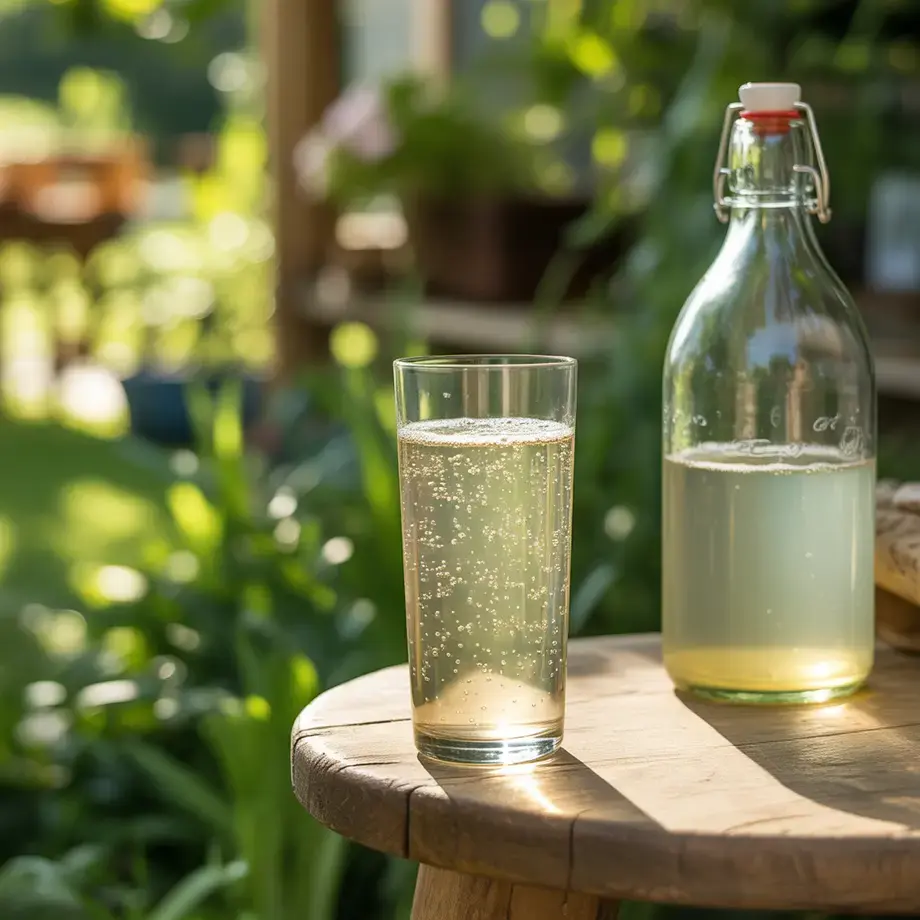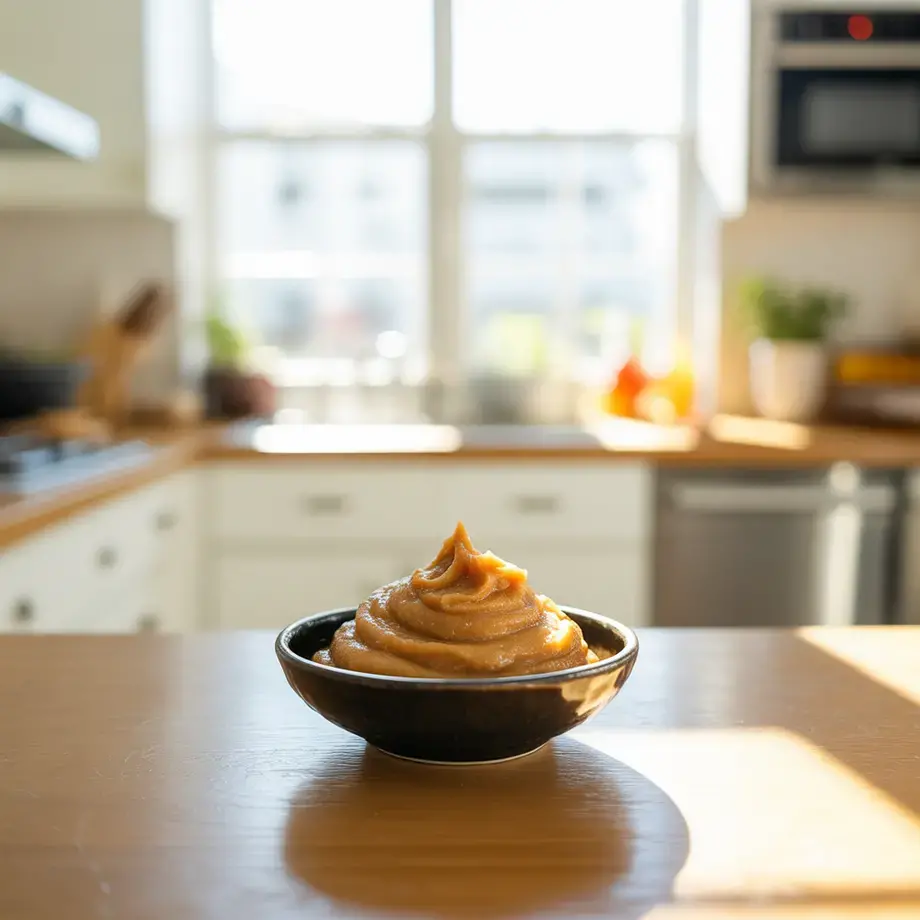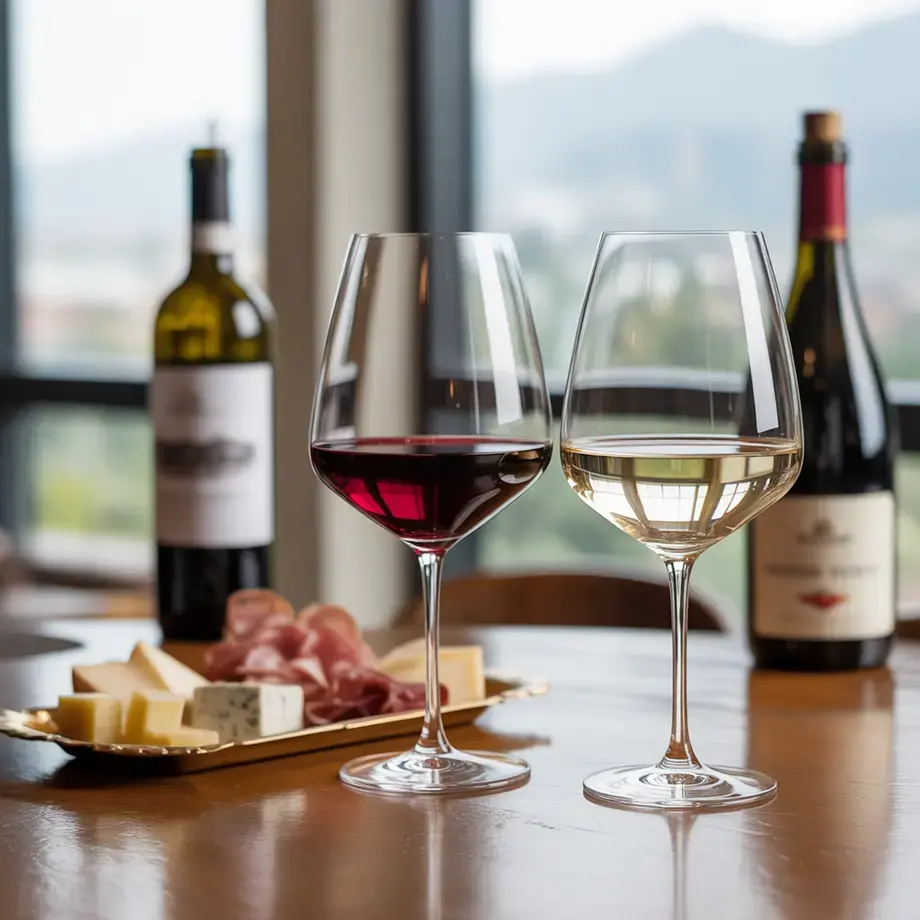White truffles, or 'white gold', the seasonal Italian fungi that can command prices of around €5,000-a-kilogram, can now be cultivated, according to research carried out by a French research institute.
French scientists at the National Institute for Research into Agriculture, Food and the Environment (INRAE) say they have become the first in the world to demonstrate the controlled production of Italian white truffles, or Tuber magnatum pico, in French orchards outside of their natural distribution range. Claude Murat, research director at INRAE, said that a study published in the journal Mycorrhiza “shows that farming of white truffle is possible”.
The joint research project was carried out between the INRAE and Robin nurseries, and began over a decade ago. Since 2008, Pépinières Robin has been selling mycorrhizal trees with T. magnatum according to the process developed by INRAE/Pépinières Robin. The first batch of truffles was harvested in 2019 with another successful harvest in 2020.
The prized tuber, which is usually found in Italy and in the Balkan peninsula, and more rarely in Switzerland and south-eastern France, could now be grown further afield than its native home of Piedmont in northern Italy, offering farmers another revenue stream, as well as encouraging greater biodiversity.
"The production of T. magnatum truffles in an orchard outside its natural distribution range is a global first that opens the way towards developing the cultivation of this truffle in France and also elsewhere in the world," reads the INRAE press release. The planting of high-quality mycorrhizal trees in appropriate soils and under the correct orchard management could pave the way for truffle farming in other countries like the UK, France, Spain and the United States.
Joël Giraud, France's minister for rural life, hailed the breakthrough as an 'extraordinary development' and a 'great innovation', in The Times: "The mere mention of this product recalls the most delicious gastronomic memories."
Disappear into the Alba forest before dawn and learn more about the dark side of the truffle, in our fascinating podcast: The Digest.

